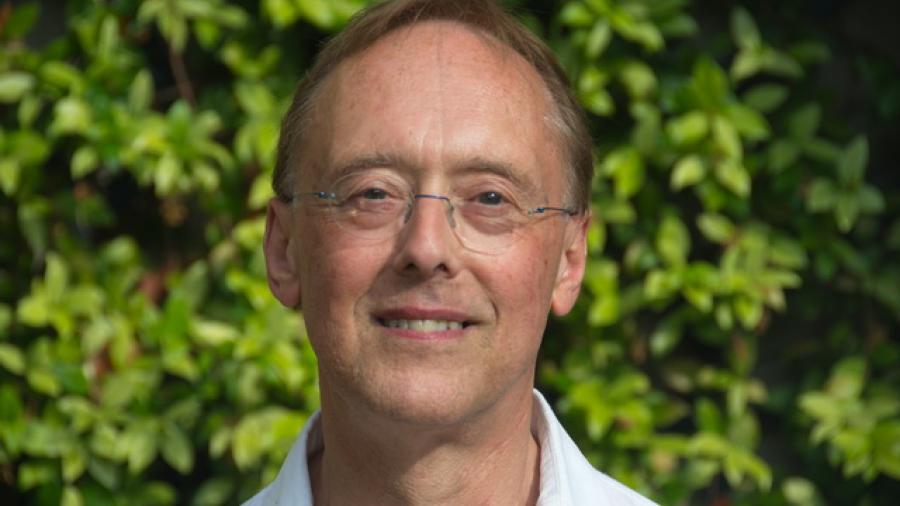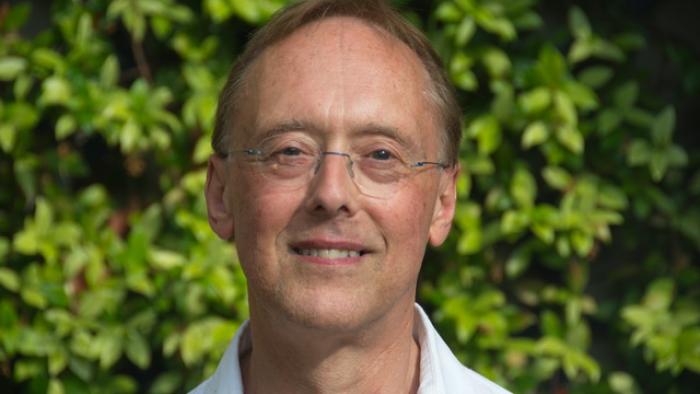
John completed his doctorate in 1983 at the University of London on the religious and social history of Renaissance Florence, and subsequently moved to the University of Cambridge as a Wellcome Trust Research Fellow, following which he joined the Centre for Metropolitan History, Institute of Historical Research, University of London, as co-Director of an ESRC-funded comparative research project on plague in early modern London and Florence. He then returned to Cambridge to take up a ten year post as Wellcome Trust Senior Research Fellow in Renaissance History of Medicine at the University of Cambridge, held jointly between the Department of History and Philosophy of Science and the Cambridge Group for the History of Population and Social Structure, Department of Geography.
John moved to Birkbeck in 2003, as Wellcome Trust Reader in Renaissance History, subsequently being appointed in 2007 as Professor of Italian renaissance History, a post he holds to this day. John has held a series of international Fellowships and Visiting Professorships, including at Villa I Tatti, Harvard University’s Center for Renaissance Studies in Florence, the Ecole des Hautes Etudes et Sciences Sociales in Paris, and the European University Institute in Florence. Most recently, between 2016-2019, he spent the autumn term as as Research Professor in the Centre for Medieval and Renaissance Studies at Monash University, Melbourne.
John is a Fellow of the Royal Historical Society and a founding member and chair of the International Network for the History of Hospitals.
